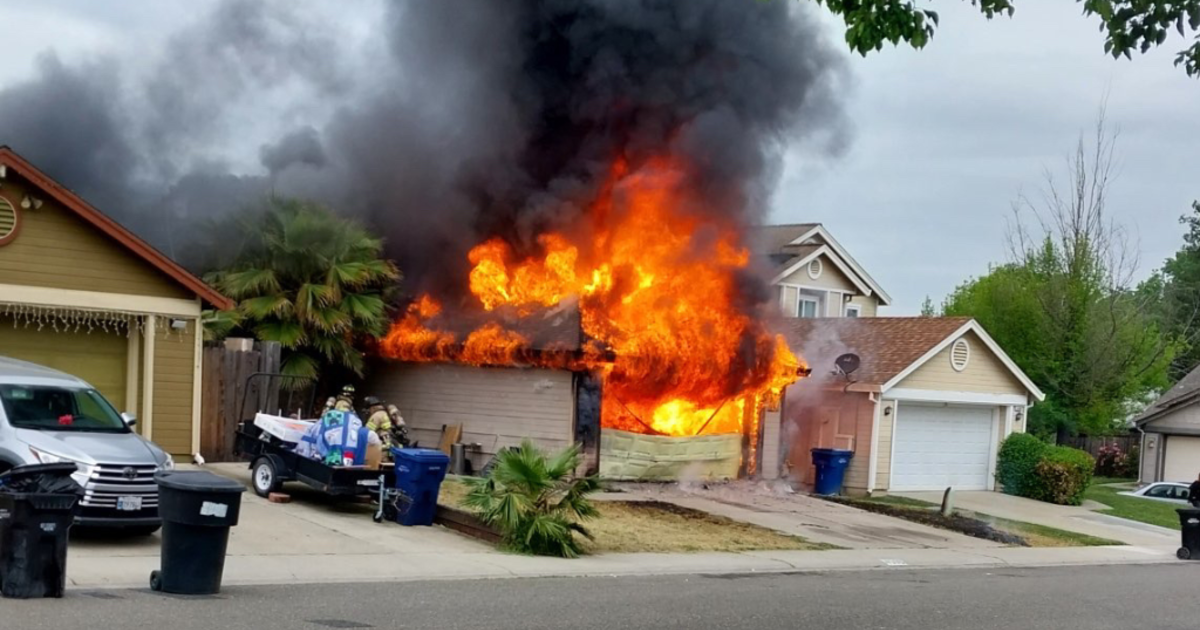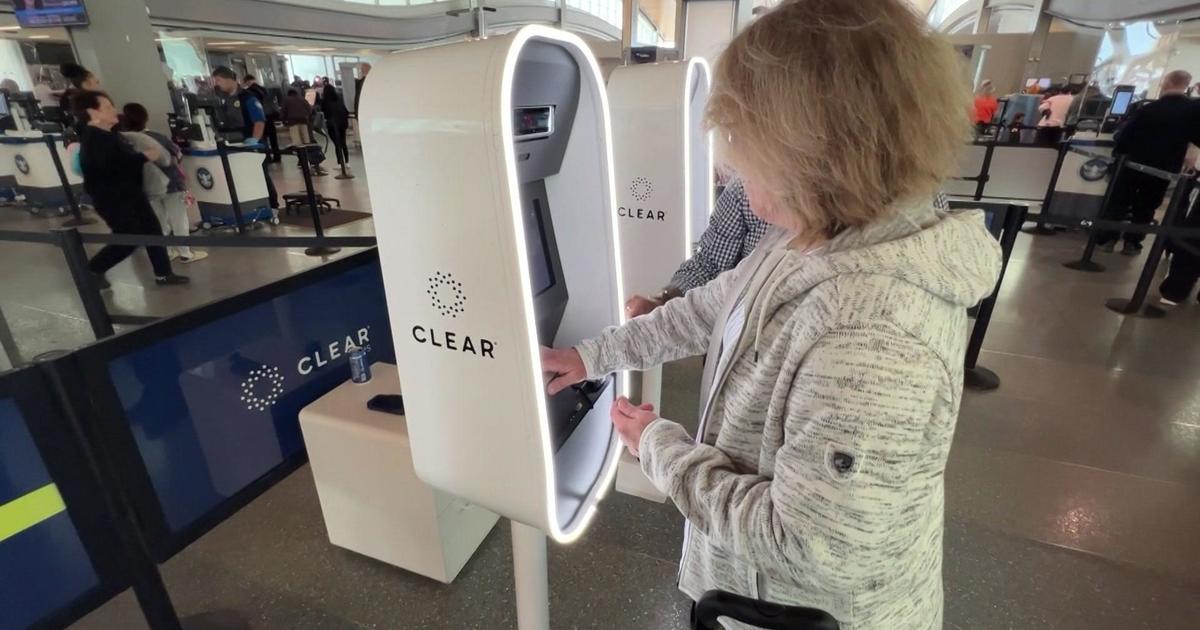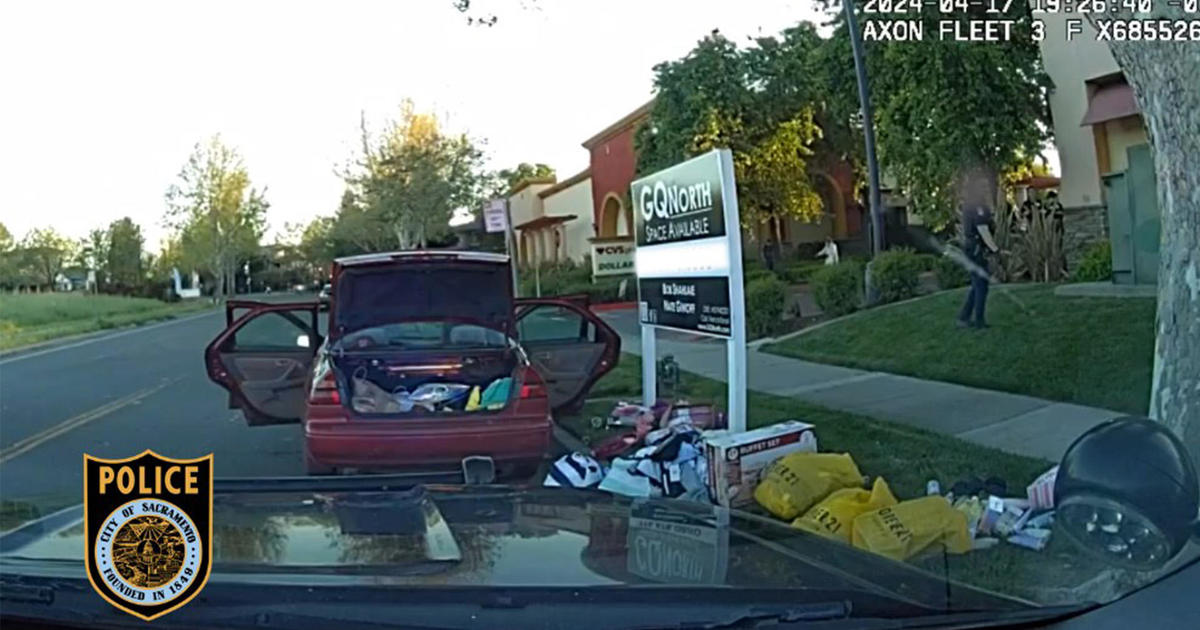Who Should Wear The Badge? A Critical Look At What Goes Into Law Enforcement Hiring
SACRAMENTO (CBS13) — Amid recent tensions between law enforcement and the public, many communities across the country are questioning whether we have the right people protecting our streets.
"When you have peace officers who have the right to restrict our freedoms, and to use force against us, and to invade our privacy, you want to get the best people for that job," says police and forensic psychologist Dr. Philip Trompetter.
Throughout his career, Dr. Trompetter has performed thousands of pre-employment psychological evaluations on law enforcement officers- a state standard for the last 30 years.
"The tests are very robust. They test impulse-control problems, irritability, hostility," said Trompetter.
Police work has never been more scrutinized as it is today and choosing the right officer has become more important than ever.
How Do Law Enforcement Agencies Decide Who Deserves to Wear a Badge?
Sgt. Orlando Mayes is the director of the Sacramento Sheriff's Department Academy. Hundreds of recruits not only train at the Academy, but they are put in high-stress, reality-based scenarios to see if they can handle the heat.
"We're looking to see who is best suited to be a peace officer for the state of California. We're looking for someone that can physically handle themselves, and emotionally handle themselves. Decision making is very important. We don't want anyone who will lose their temper. And, intellectually as well, how they communicate and deal with the public," said Sgt. Mayes.
The evaluation process has a high bar.
WEB EXTRA: How Does the Process Work?
The Hiring Coordinator for the Sacramento Sheriff's Department, Holly Fancher, says applicants have a series of tests to pass before they get to take the psychological exam. They must pass a written test, known as the CA PELLETB exam, pass a physical agility test, write personal statements, answer a series of questions using a truth verification device or lie detector, and pass an extensive background check.
"We contact all previous employers, references, relatives. We find everything we can on this candidate," said Fancher.
She stressed the number one thing they look for is honesty.
"It's very important for people to be honest in this process. That's the main thing we have knock people out of the process- the integrity part," she said.
During the background investigation, agencies ask about topics including employment history, financial history, disciplines, criminal history and prior arrests.
Fancher says, "We're looking for an all-around candidate with good character."
The last recruitment for the Sacramento Sheriff's Department happened in July of 2016. It drew about 1,000 applicants, but only 10 received a conditional offer of employment.
"We're looking for the most suitable and the most stable," said Dr. Trompetter.
The Psychological Exam is Crucial
The psychological exam involves hundreds of carefully tested questions and a lengthy in-person clinical interview.
"You want to make sure through the testing that they're thoughtful people, that they can put themselves in other's shoes emotionally, which is empathy," said Dr. Trompetter.
He adds that of those candidates who are screened out, it's not because of a mental disorder, but because they are impulsive, have no emotional control, or aren't good team players.
Dr. Trompetter says there are 10 psychological dimensions that are tested, including integrity, judgment, assertiveness, emotional control, teamwork and overall character.
Maintaining High Standards
"We don't select people for this position, which has a significant responsibility, just on a whim," said Matt McPhail with the Sacramento Police Department.
He says at a time when interactions between officers and members of the public are being recorded and blasted on social media, and scrutinized, there is even more of a need to maintain high hiring standards.
"We're talking about a very small percentage of officers that want to become officers even making it through the process, and that's by design," said McPhail.
But Sacramento Civil Right's attorney Mark Merin says the system is flawed.
"We have officers that are doing outrageous things, and some of these officers are never disciplined at all, so we know it's failing," said Merin.
While the Sacramento Police Department does require a college degree from its recruits, Merin believes there needs to be stronger education requirements. He says agencies need to look at the types of classes applicants took, and how well they did in those classes. He adds that academic performance has a strong correlation to performance in the field.
Merin also says that much of the public criticism focuses on what happens after law enforcement officers are hired.
"You can't expect the police to police itself. They do these Internal Affairs investigations where they just rubber stamp the officer's conduct, and that can't be allowed," he said.
What Happens When Racial Tensions Boil to the Surface?
"The way we improve it is start at the top. You ensure you get a good leader who isn't just gonna back up his minions, but is rather gonna correct their behavior and use real discipline to get change," said Merin.
According to a report by the Pew Research Center in January of 2017, when asked about the extent to which underperforming officers are held accountable, only 27% of officers agree that in their department those who consistently do a poor job are held accountable.
Also according to a Pew Research Report, the majority of officers (67%) say fatal encounters between police and black Americans are isolated incidents. The majority of the public (60%) says the encounters actually point to a bigger problem.
We asked Dr. Trompetter if there is a system in place right now that can screen out prejudice in candidates?
He said, "It's very difficult. Very little research around peace officer screenings to see who may be racist, or who may too biased to be in this profession. It's clearly looked at in the background investigation, so we're trying to find a way in the psychological evaluations to look at that."
He said there is certainly room for improvement, and at least two of his colleagues are working on "racist and bias" tests to incorporate into future exams.
And while there are hundreds of officers and deputies in law enforcement who do the right thing, the ones who don't leave a scar on the entire force.
Officers believe their bar is set high and it needs to stay there.
"The decisions that you make are gonna impact the rest of the country and the rest of the world, so we want to make sure we're selecting the right people to make the right decisions," said Sgt. Mayes



